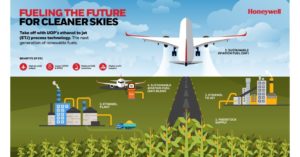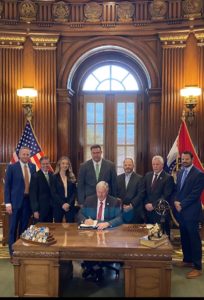“We have about 490 registrations as of right now,” said U.S. Grains Council Director of Industry Relations Ellen Zimmerman during the welcome reception Wednesday night. On site registration was busy so they expect to easily surpass the 500 they expected.
“We have five general sessions, about 20 speakers, 32 exhibits, 34 sponsors, 51 countries represented,” she said. “We have just as much time built in for networking breaks.”
The sessions will focus on timely topics related to exports of U.S. corn, sorghum, barley, and the ethanol co-product distiller’s dried grains with solubles (DDGS). But the networking is where the business of the Exchange gets done. Reported sales associated with Export Exchange 2018 included approximately 1.3 million metric tons of grains and co-products worth $403 million traded either at the conference or immediately before or after. The event is co-sponsored by the Renewable Fuels Association (RFA).
Learn more in this interview with Zimmerman.
Export Exchange interview with Ellen Zimmerman, USGC 3:24











